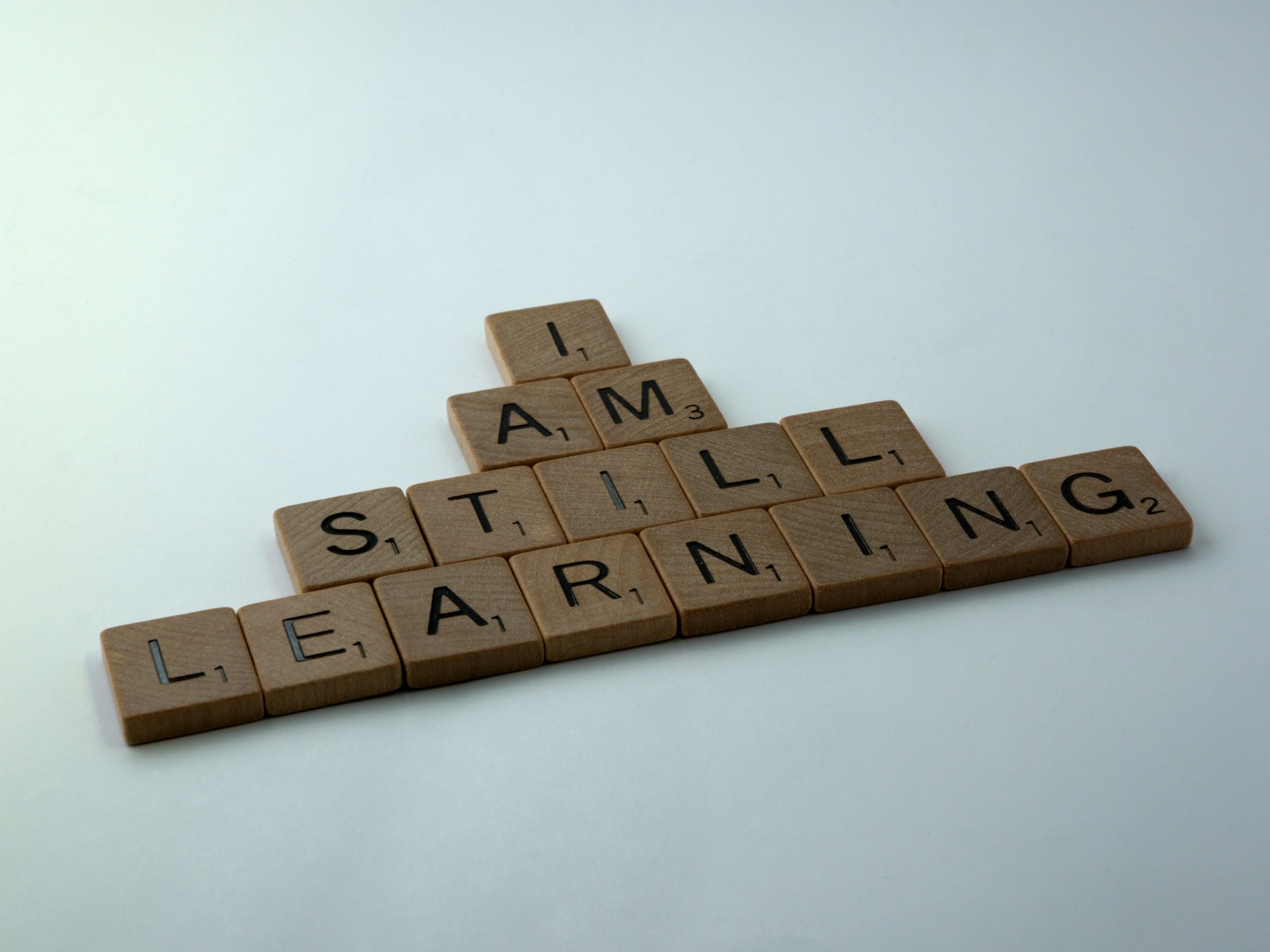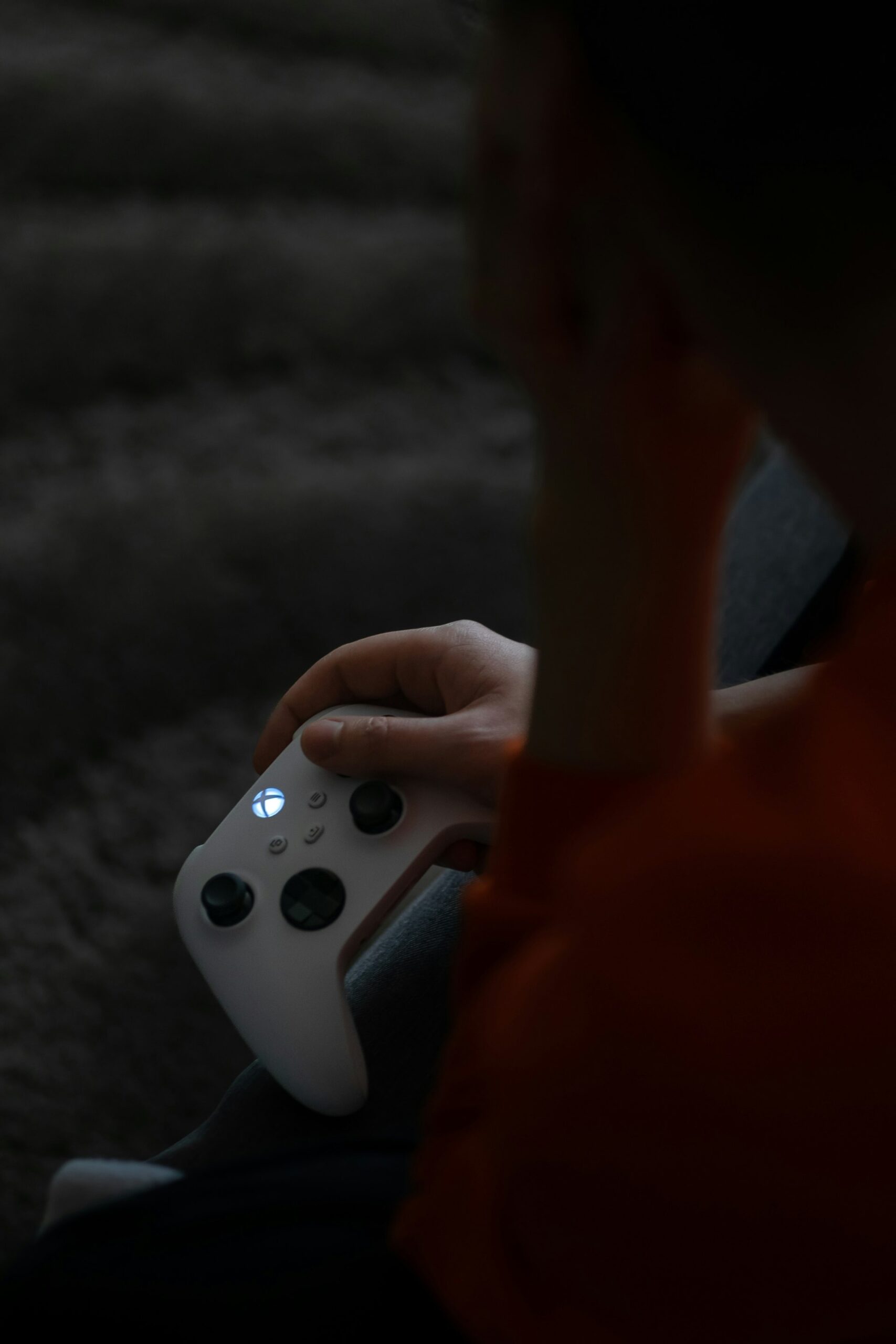Gaming and Mental Health: How Interactive Play Shapes Awareness, Well-being, and Support

Photo by Jezz Singh on Unsplash
Introduction
The intersection of gaming and mental health is emerging as a vital area of research and public interest. As millions of people engage with video games daily, questions have arisen about the impact of gaming on mental health and the potential for games to drive awareness, reduce stigma, and offer new pathways to support and well-being. This article examines the latest scientific evidence, practical considerations, and actionable strategies for leveraging gaming in the context of mental health awareness.
The Science: How Gaming Affects Mental Health
Recent research challenges longstanding stereotypes about video games being inherently detrimental to mental health. A major study led by Japanese universities found a substantial improvement in mental well-being among individuals who owned and played video game consoles, with Nintendo Switch users experiencing an improvement of 0.60 standard deviations in mental health measures. This causal relationship was established using sophisticated methods that ruled out reverse causation, highlighting gaming’s potential as a tool for improving life satisfaction across diverse populations [1] .
Another peer-reviewed study demonstrated that game console ownership and increased gaming time led to reduced psychological distress across a wide age range. However, researchers found that the benefits plateaued or decreased when gaming exceeded three hours per day. Socioeconomic factors such as age, gender, employment, and family structure influenced the degree of benefit, emphasizing the need for individualized recommendations [2] .
While some studies have noted associations between excessive gaming and poorer mental health, results remain mixed. In adolescents, moderate gaming was not consistently linked to negative outcomes and, in some cases, non-gamers and heavy gamers both reported lower well-being compared to moderate players. The type of game, context of play, and individual characteristics all play a role in mediating outcomes [3] .
Positive Role of Gaming in Mental Health Awareness
Video games are increasingly being used as platforms for
mental health awareness and education
. Many modern games incorporate storylines, characters, or mechanics that address mental health themes, such as depression, anxiety, or trauma. Games like
Celeste
and
Gris
have won praise for their thoughtful portrayals of mental health struggles, prompting players to reflect on their own experiences and reducing stigma through empathy and understanding.
Community-driven events, such as charity gaming marathons and livestreams, have raised millions for mental health organizations. This not only provides critical funding but also leverages the social power of gaming communities to foster open, supportive conversations about mental health. For those seeking to participate, searching for “gaming mental health charity events” or visiting official sites of organizations like the National Alliance on Mental Illness (NAMI) can reveal ways to get involved.
Practical Strategies: Healthy Gaming and Mental Well-being
While gaming offers unique opportunities, moderation and self-care remain essential. Experts recommend the following guidelines for balancing gaming with mental health:
- Limit continuous play : Playing for up to three hours a day may provide psychological benefits, but extended sessions can reduce these gains [2] .
- Take regular breaks : Use the 20-20-20 rule – every 20 minutes, look at something 20 feet away for 20 seconds – to reduce eye strain [4] .
- Stay physically active : Balance gaming with physical exercise and social activities to support overall health.
- Monitor emotional state : If gaming begins to interfere with sleep, mood, or relationships, consider discussing concerns with a healthcare provider. The American Psychiatric Association has resources for recognizing and addressing unhealthy gaming behaviors; searching for “APA gaming mental health” can yield up-to-date guidance.
- Choose games thoughtfully : Select games that foster positive experiences, creativity, and social connection. Community and cooperative games can be especially beneficial for those seeking social support.
Accessing Mental Health Resources Through Gaming
Many organizations now collaborate with the gaming industry to provide in-game mental health tips, crisis helplines, and educational content. If you or someone you know is seeking mental health support, consider these options:
- Look for in-game menus or options that provide direct links to mental health resources. Some games partner with established organizations to offer confidential support and information within the game environment.
- For U.S. residents, the National Alliance on Mental Illness (NAMI) and Mental Health America both offer directories of mental health services. Searching for “NAMI mental health support” or “Mental Health America resources” can help you find local providers and crisis helplines.
- International players should consult their country’s ministry or department of health for official mental health support lines and online resources.
- If gaming is affecting your well-being, talk to a healthcare professional, counselor, or school support staff. Many universities and employee assistance programs offer confidential counseling services.
For those interested in joining mental health awareness campaigns in gaming, check for annual events such as
World Mental Health Day
game streams or Esports charity tournaments. Participating in these initiatives can help amplify awareness and foster a more supportive gaming community.
Challenges and Considerations
The relationship between gaming and mental health is complex. While research increasingly supports the potential benefits of moderate, mindful gaming, risks remain for certain individuals-particularly with excessive play, exposure to violent content, or pre-existing mental health issues. Families should engage in open communication, set healthy boundaries, and use parental controls when appropriate.

Photo by Sora Khan on Unsplash
Further, socioeconomic factors can influence how gaming impacts mental health. Access to technology, family environment, and community support all play a role. Policymakers and educators are encouraged to consider these variables when designing digital wellness programs for diverse populations [2] .
Alternative Approaches and Future Directions
Beyond traditional video games, a growing genre of “serious games” is being developed specifically to promote mental health education, resilience, and coping skills. These games are often designed in collaboration with mental health professionals and can be used in clinical settings or schools. Users can search for “mental health serious games” or consult academic reviews for recommendations on evidence-based titles.
Virtual reality (VR) and augmented reality (AR) are also being explored as immersive tools for therapy and awareness campaigns. As technology evolves, so too will the possibilities for leveraging interactive media in mental health promotion.
Conclusion and Key Takeaways
Gaming is no longer simply a pastime; it has become a powerful platform for mental health awareness, education, and support. When approached with balance and intention, video games can enhance well-being, foster empathy, and connect individuals to much-needed resources. For those seeking to make the most of gaming’s positive impact, staying informed, practicing moderation, and engaging with supportive communities are essential steps on the journey to better mental health.
References
- ScienceDaily (2024). Video gaming improves mental well-being, landmark study finds.
- Nature Human Behaviour (2024). Causal effect of video gaming on mental well-being in a natural experiment.
- International Journal of Environmental Research and Public Health (2022). The Association between Video Game Time and Mental Health among Adolescents in Rural China.
- Harvard Health Publishing (2020). The health effects of too much gaming.
MORE FROM snapflicks.net













